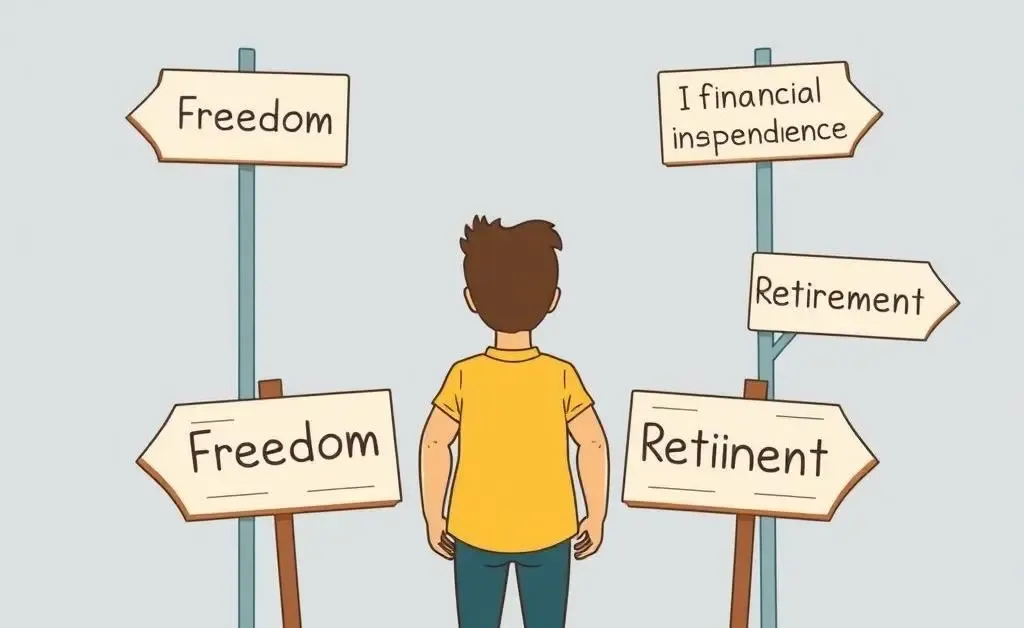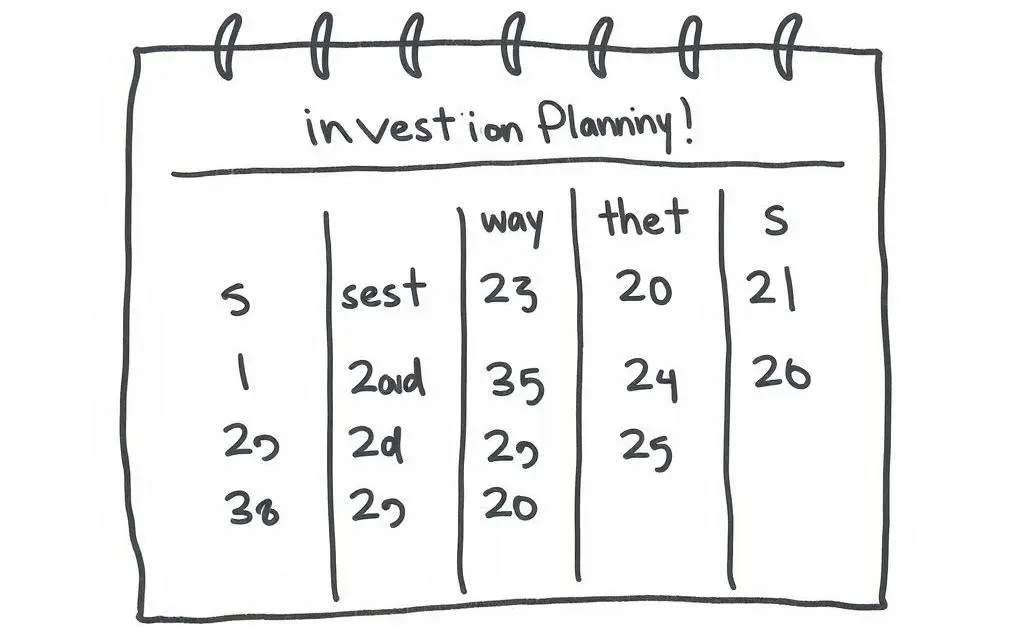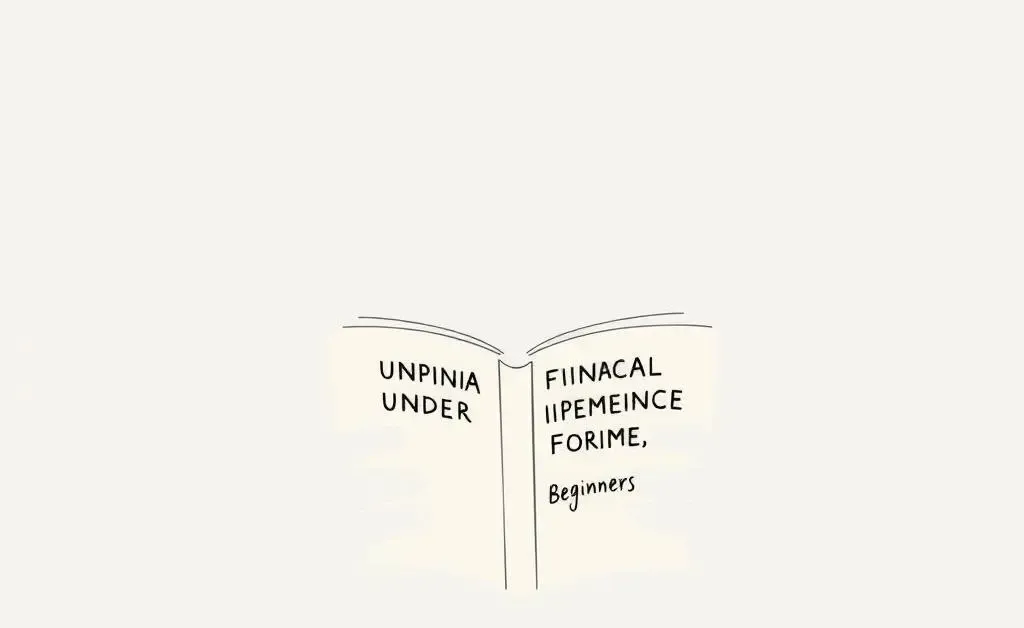Achieving Financial Independence: Your Guide to Living Freely
Explore essential steps to financial independence for flexibility and a stress-free future.

Imagine a life where your days are entirely your own—no more rushing to meet deadlines or stretching your paycheck until the end of the month. Sounds dreamy, right? That's the essence of financial independence (FI), a goal that's becoming increasingly mainstream. Whether you're dreaming of early retirement or just seeking flexibility in your life choices, nailing down your path to FI is a game-changer.

What Exactly is Financial Independence?
Financial independence means having enough savings, investments, or passive income streams to cover your living expenses without depending on a traditional job. It’s not just about retiring early; it’s about having the freedom to choose how you spend your time and energy.
Think about what you’d do if money weren’t a concern. Would you travel the world, spend more time with family, or pick up a new hobby? This is the freedom financial independence offers.
Starting Your Journey: Evaluate Your Current Financial Position
Before you can plan where you're going, you’ve got to know where you stand. Assess your income sources, expenses, debts, and savings. This step might require some soul-searching, but it’s vital.
- Track every expense for a month—a small price to pay for clarity.
- Summarize your debts. Knowledge is power when it comes to managing and eliminating these burdens.
- Identify your sources of income. If it’s diverse, you’re already ahead!

Keys to Financial Independence: Tips and Strategies
Create a Practical Budget
A budget is like a map that guides you to eventual freedom. Allocate your income towards essential expenses, savings, and investments. Remember, flexibility in your budget allows for unexpected detours without completely derailing your plans.
Invest Smartly
The sooner you start investing, the better. Compound interest can work wonders if given time. Consider a mix of stocks, bonds, and REITs or explore index funds for a more hands-off approach.
Embrace Minimalism
Reducing consumption may sound like a buzzkill, but it's incredibly liberating. Opting for quality over quantity means fewer things to maintain, giving you more time and energy to invest in life's experiences.
Overcoming Common FI Challenges
Financial independence is an appealing pursuit, but it does come with challenges. Here’s how you can tackle some common hurdles:
- Impatience: Pursuing FI is a marathon, not a sprint. Celebrate small victories along the way to stay motivated.
- Peer Pressure: You might need to explain your choices to friends who don’t understand. Sharing your goals with loved ones can foster understanding and support.
- Unexpected Expenses: Prepare an emergency fund to buffer against unforeseen financial hiccups.

Your Personal Path to Financial Freedom
While the journey to FI is unique for everyone, the core remains universal: gaining control over your financial future. By creating a solid plan, staying disciplined, and remaining flexible in your approach, you can unlock endless possibilities beyond mere survival.
What will your time-rich life look like? Let your imagination run wild, and take that first step toward financial independence today.




